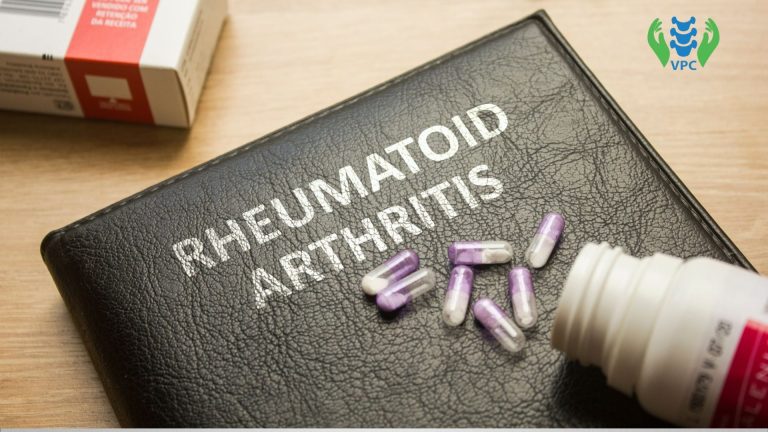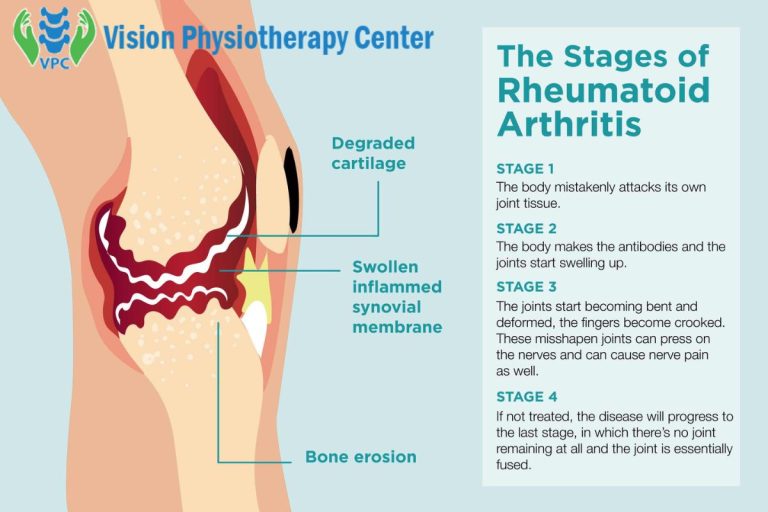What Is Rheumatoid Arthritis Treatment: Ultimate Guide

Rheumatoid arthritis is a condition that affects the joints and causes pain, swelling, and stiffness. The treatment for rheumatoid arthritis (RA) focuses on managing the symptoms and improving the quality of life for individuals with this condition. It involves medications…


